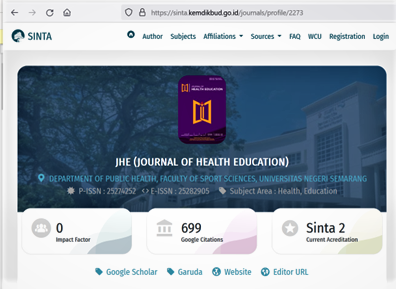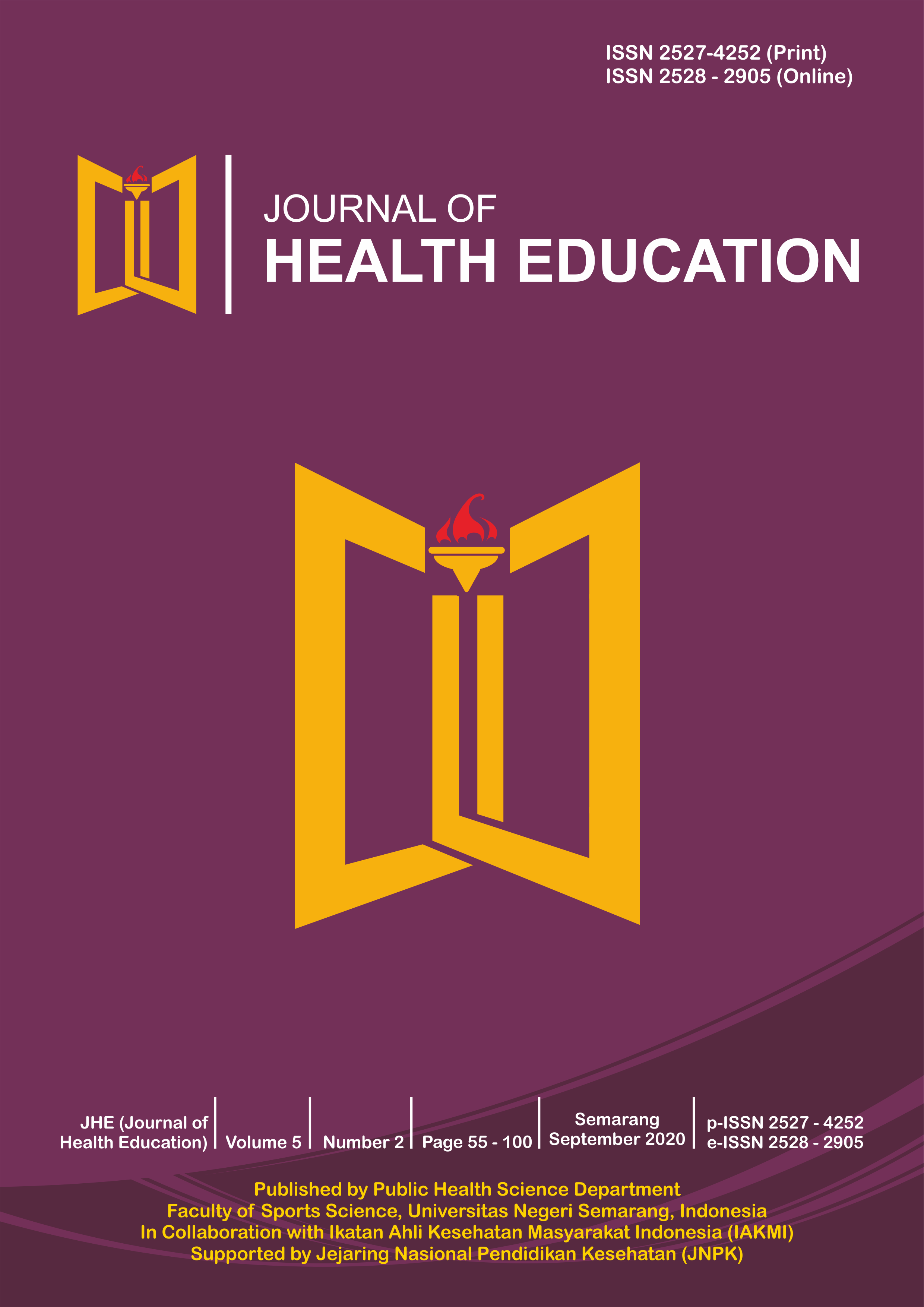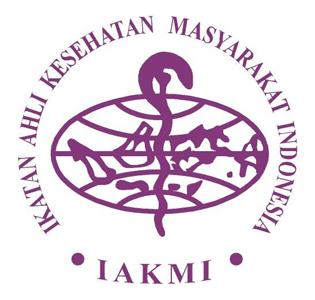Medication Adherence of Tuberculosis Patients in Yogyakarta: A Cross Sectional Study
Abstract
Background: Tuberculosis (TBC) is one of the infectious diseases that is a major health problem in the world. The disease usually affects the lungs but can also affect other sites. Treatment adherence is the most important component in achieving treatment success. Medication compliance can also be interpreted as the extent to which the patient consumes the drug in accordance with the provisions that have been given by the doctor. This study was conducted to determine the factors associated with adherence to treatment of TBC patients in the city of Yogyakarta. Methods: This research is an analytic observational study with a cross sectional approach. The population in this study included all pulmonary TBC patients in 18 health center in Yogyakarta and still undergoing treatment, a sample of 75 people was obtained. The data was collected using questionnaires. Then data were analyzed using chi-square test with a significance value of £0,05. Result: The results of this study indicate that factors related to medication adherence in tuberculosis patient are knowledge (sig=0.016) and attitude (sig=0.038), while the factors that are not related to medication adherence are self-efficacy (sig=1.000), motivation (sig=0.375), family support (sig=0.700), support for health workers (sig=0.353) and stigma (sig=0.754) with adherence to treatment of TBC patients in Yogyakarta City. Conclusions: Knowledge and attitude are risk factors for medication adherence in tuberculosis patients in Yogyakarta City






